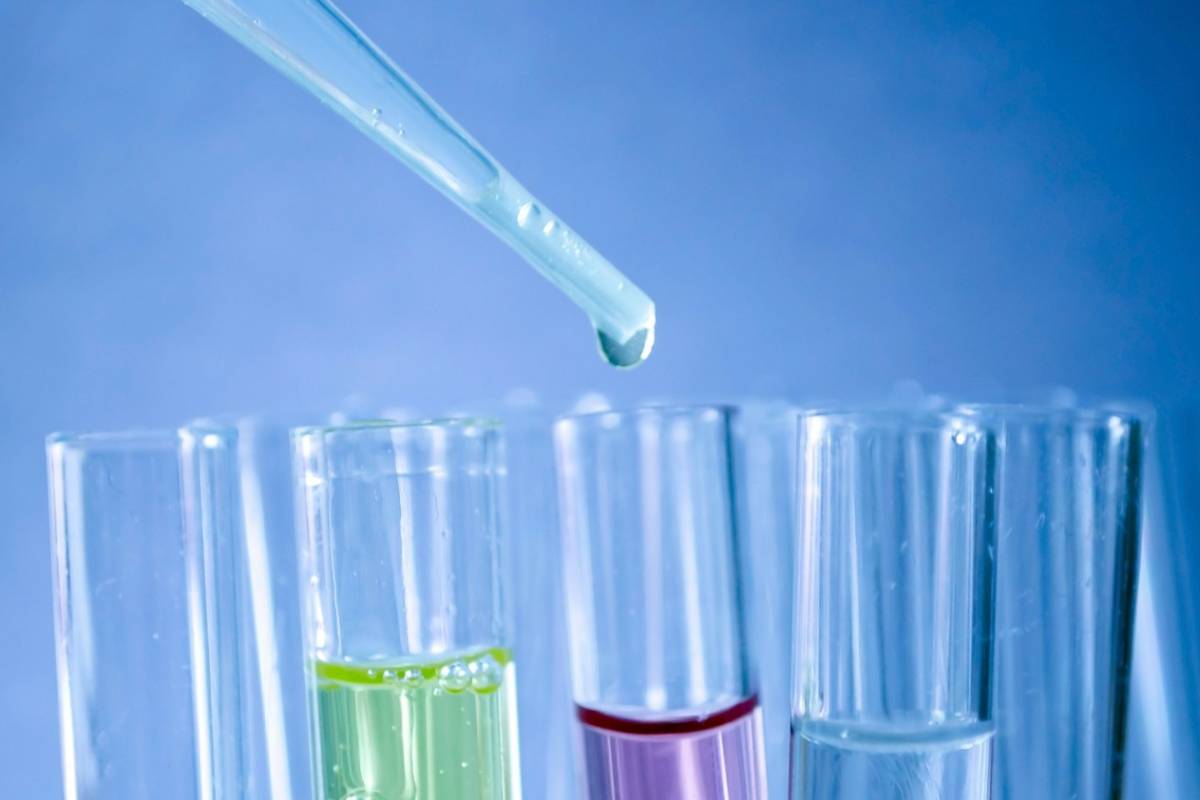Cannabidiol (CBD) should not show up on routine drug tests except under certain circumstances. Many products made of CBD do contain trace amounts of delta-9-tetrahydrocannabinol (THC), which is the main ingredient of marijuana. If the THC level is high enough, a positive drug test will occur. However, this depends strictly on the quality and composition of the CBD. There are ways you can avoid this positive test result if you know what to look for in the products you use.
CBD is derived from a family of cannabis plants which can contain hundreds of compounds like cannabinoids, terpenes, and flavonoids. Marijuana and hemp products both come from cannabis plants, but contain different levels of THC. Marijuana has THC in varying concentrations, but hemp-derived products are legally required to contain less than 0.3 percent THC, therefore CBD products made from hemp are less likely to contain THC.
Types of CBD
Full spectrum CBD contains all of the compounds that are in the plant from which it was extracted, so full spectrum CBD will contain CBD, terpenes, flavonoids, and THC.
Broad spectrum CBD also contains terpends, flavonoids and other cannabidiols but with broad spectrum, the THC is removed, therefore this type of CBD is much less likely to contain measurable amounts of THC.
CBD isolate is the purest form as it does not contain any additional compounds from the harvested plant, and typically comes from hemp, meaning it should not contain THC.
How Much THC Will Cause You to Fail a Drug Test?
Drug testing screens for THC or THC-COOH, one of THC’s main ingredients. Passing or failing a screening for THC is not a matter of whether it is found in your system, but at what levels. The Mayo Clinic Proceedings from 2017 set cut-off values for the amount of THC that it takes to cause someone to test positive. You can have a level of THC in your system that will not trigger a positive test result. Testing methods will differing cut-off values and windows of detection. Urine testing is the most common in today’s workplace. In this type of test, THC-COOH must be in a concentration of 50 nanograms per milliliter (ng/mL) to test positive. The window of detection for urine testing is three to fifteen days after consumption. Longer detection windows occurs for more frequent cannabis use, sometimes up to 30 days. Blood tests are not quite as effective as the THC is more quickly eliminated from the bloodstream. These types of tests are usually for indicating levels of impairment such as for DUI. Saliva testing has no cut-off limits established and this type of testing is not as common. However, in recommendations published by the Journal of Medical Toxicology, 4 ng/mL is the cut-off value. There are a few other reasons why CBD use could result in a positive test result. These include cross-contamination, secondhand exposure to THC and product mislabeling. Since CBD is not regulated, not all manufacturers rely on third-party testing. Interpreting test results and be tricky as the cut-off limits for THC varies, testing processes are inconsistent, and without formal FDA regulation a number of variables are left open to interpretation and can be challenged in court. Cannabis business lawyers specialize in representing growers, retailers, and dispensaries nationwide.
How to Make Sure a CBD Product Does Not Contain THC
First find out if the product is made from hemp or marijuana and whether it is broad-spectrum, full-spectrum or isolate. This information should be readily available on the product. Look for products that tell you the concentration of CBD per dose. Always do your research and look for terms such as USDA organic, CO2 extracted, solvent-free, pesticide-free, no additives and lab tested. Finding lab results from third-party testing is the surest way to know the quality of the CBDproduct.
Takeaway
CBD should not show up on a drug test, however, due to the fact that the industry is not consistently regulated, it’s not always easy to know exactly what you are getting when you purchase a CBD product. The best way to know you are getting a quality CBD product is to purchase from a source that you can trust. The myriad of health benefits from CBD products ranges from relieving pain, reducing anxiety and depression, alleviating some cancer-related symptoms, promoting heart health and even treating acne. An excellent resource for finding the best products available is through The CBD Insider, their CBDistillery review, for example, offers in-depth info on everything you’d need to know about the brand. The site will lead you to excellent manufacturers that can provide you the product sourcing, extraction methods, third-party test results, and consumer reviews.


